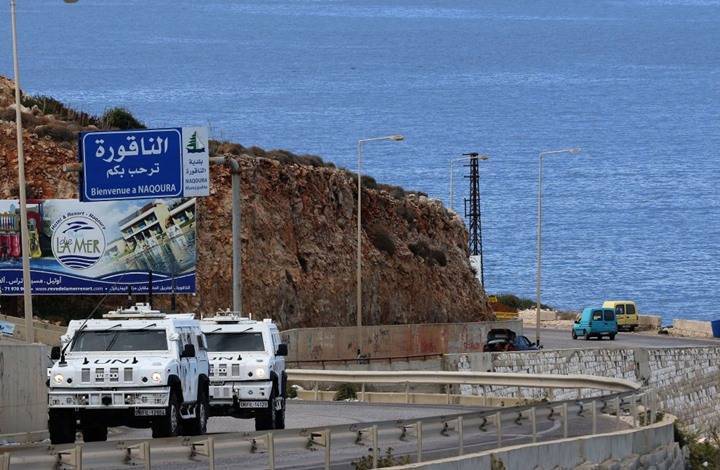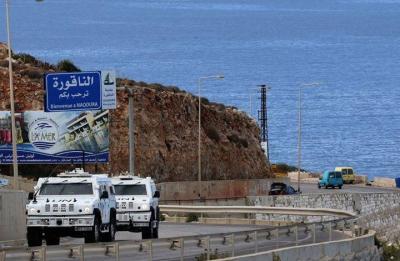Lebanese officials are remaining silent regarding the maritime border negotiations with Israel led by American mediator Amos Hochstein. However, recent indicators suggest promising movement, particularly with President Joe Biden's direct involvement in pushing the negotiations forward. A Lebanese source closely following the negotiation process asserts that the negotiating atmosphere is entirely different from the negative reporting in the media, implying that this necessitated a shift to issuing statements after a long silence. Initially, a statement was made by Deputy Speaker of Parliament Elias Bou Saab, followed by remarks from White House sources, a phone call made by President Biden to Israeli Prime Minister Yair Lapid on the eve of Hochstein's meeting with Israeli officials, and finally a clear statement from Biden himself elevating the issue to the highest tier of the U.S. administration.
The source indicates that the global energy crisis and U.S. interests (with Europe) mean that stability in the region is very important. These factors have provided Lebanon an opportunity to reach a solution that aligns with its demands, which could potentially resolve Lebanon's political, economic, and financial crises. Deputy Speaker of the Lebanese Parliament, Elias Bou Saab, who is in charge of communication with Hochstein, expressed to "Asharq Al-Awsat" that he hopes to receive Israeli responses within the next two weeks, following the new American momentum. Bou Saab, who refrains from going into specifics, clarifies that Lebanon is neither overly pessimistic nor excessively optimistic regarding this file, especially given that things are not stagnant. He avoids disclosing specific details about Lebanon's demands or Israel's proposals in this regard.
Bou Saab does not hide his pleasure in the Lebanese side's ability to stop leaks that could harm the negotiation process, emphasizing that the goal of this discretion is to avoid putting the other party in a position where it feels compelled to backtrack publicly. "We want to enjoy the grapes, not to kill the caretaker, especially since this file has great benefits for Lebanon, which is mired in its political, economic, and financial crises," he stated. "I have sensed a recent increase in communication from the American mediator. Work has never stopped, and the discretion serves the negotiations' interest. We are now awaiting an assessment from Hochstein regarding his meetings with the Israelis, to communicate afterward with me or to send something in writing."
A source familiar with the dynamics at the White House confirmed that Hochstein's "solid efforts are ongoing to reach a conclusion on the maritime border demarcation." The source stated, "We continue to narrow the gaps between the two sides and believe that a lasting settlement is possible. We welcome the high negotiating spirit displayed by both sides to reach a solution." The source clarified that envoy Hochstein is in daily discussions with Israeli and Lebanese officials, most notably Elias Bou Saab. U.S. Ambassador Dorothy Shea is also in communication with the Speaker of Parliament, the Prime Minister, and their advisors.
The source emphasized that resolving the dispute over maritime borders "constitutes a fundamental priority for President Biden’s administration, and we believe that reaching an agreement will lead to enhanced lasting stability and economic prosperity in both countries."




